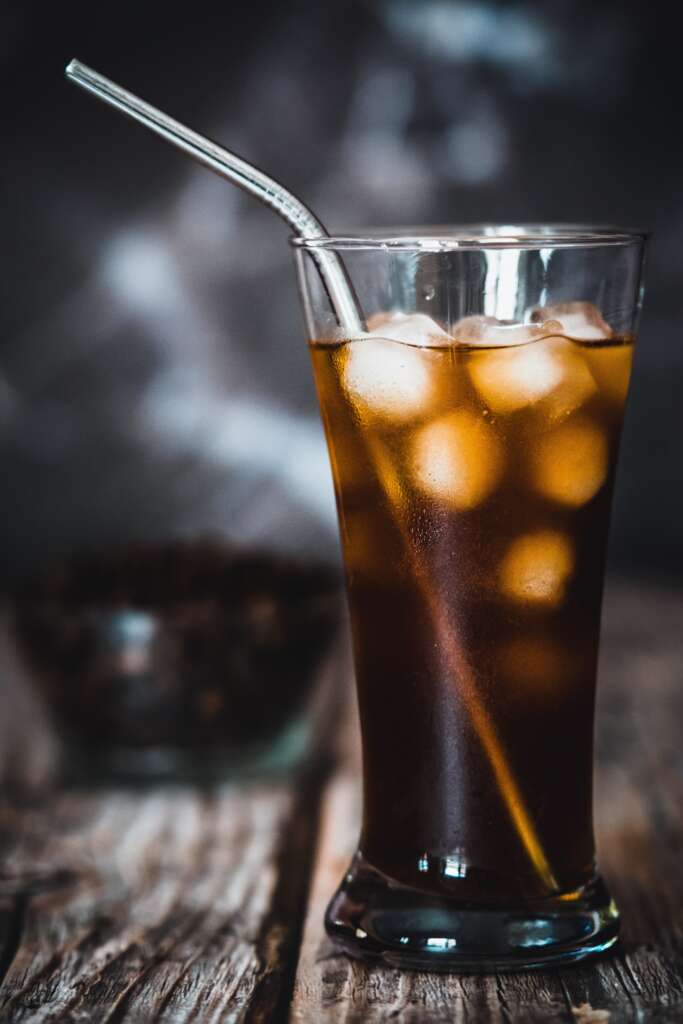The New Zealand government’s announcement of the next phase-out of single-use plastics starting from July 2023 has been met with mixed reactions from various sectors, with the hospitality industry getting prepared for the changes.

While we fully support the government’s goal of reducing plastic pollution and promoting sustainable living, we recognise that this ban may have some initial challenges to adapt to. Many of the single-use plastic items that will be banned, such as straws, cutlery, and plates, are commonly used in our industry, and finding alternatives, if you are not already using them, will require some adjustments.
We also acknowledge that there may be some practical limitations to the alternative materials. For instance, paper straws may not be as durable as plastic straws, and wooden cutlery may not be as heat-resistant as plastic cutlery. Moreover, alternative materials may be more expensive than single-use plastics, which could increase the cost of providing food and beverages to customers.
However, members have indicated a readiness to adapt to the changes overall, recognising that as an industry we have a responsibility to promote sustainable practices and reduce our environmental footprint. We are committed to working with the government and other stakeholders to find solutions that are both practical and sustainable.
Plastic in the context of the legislation means any plastic material that is manufactured from any source, including a bio-based source, whether or not it is designed to degrade in a particular way.
What is changing in July 2023?

Single-use plastic straws
From 1 July 2023, the sale of single-use plastic drinking straws will only be available to disabled people and those with health conditions. Hospitality, medical and some other businesses will be able to have access to purchase so they are able to provide them to a defined group of people as and when required. A person (or someone acting on their behalf) is not required to explain their disability or health condition or provide evidence of their need to access plastic straws. Plastic straws must not be on display.
Single-use plastic tableware and cutlery
Tableware and cutlery made wholly or predominantly of any type of plastic (including recyclable, compostable or biodegradable plastic) and designed to be used once or a limited number of times before being thrown away, are defined as single-use.
Banned tableware includes single-use plastic bowls, plates and platters.
Banned cutlery includes single-use forks, spoons, teaspoons, knives and chopsticks. It also includes cutlery that is integral to the packaging of a food product, e.g., cutlery sold with single-serve ice cream or salad packs.
Single-use plastic produce bags
Single-use plastic produce bags are unsealed plastic bags that are provided by the store or retailer to pack fresh fruits and vegetables at a place of purchase. This ban includes single-use plastic produce bags made of:
- recyclable plastic
- biodegradable plastic
- plant-based or compostable plastic.
There are no exemptions to the ban on single-use plastic produce bags.
The ban however does not include a plastic bag that is, or forms, an integral part of, the packaging. Examples include pre-packaged mesclun lettuce, a sealed bag of apples, a sealed bag of potatoes or sugar snap peas, leafy greens and herbs in a plastic sleeve, or bagged lettuce.
What can we use instead?
One possible solution is to encourage customers to bring their reusable containers, straws and cutlery where appropriate for takeaway food items. This would reduce the need for single-use plastics and promote a more sustainable lifestyle. There are also some great initiatives, such as Again Again, that supply rentable, reusable coffee cups and containers to customers, which greatly decreases the barriers for customers.
Another approach is to work with suppliers to find alternative materials that are more sustainable and cost-effective. Undoubtedly, most suppliers will be ahead of the legislation (the Association’s partner, OfficeMax, has a substantial list of recyclable, compostable and sustainable products available).
Are there more bans to come?
To further reduce plastic waste the list of single-use plastic items to be banned is growing. From mid-2025, all PVC plastic food and beverage packaging and all polystyrene food and beverage packaging will be phased out. We will keep you up to date on these changes closer to the time and when more information is available.
What happens if there is non-compliance?
All businesses are legally obligated to comply with the regulations. The Ministry for the Environment will first work with businesses to ensure they understand their obligations; however, penalties apply for non-compliance.
The Ministry has indicated that entities that contravene the Waste Minimisation Act 2008 may face prosecution and, if convicted, fines of up to $100,000 per offence.
